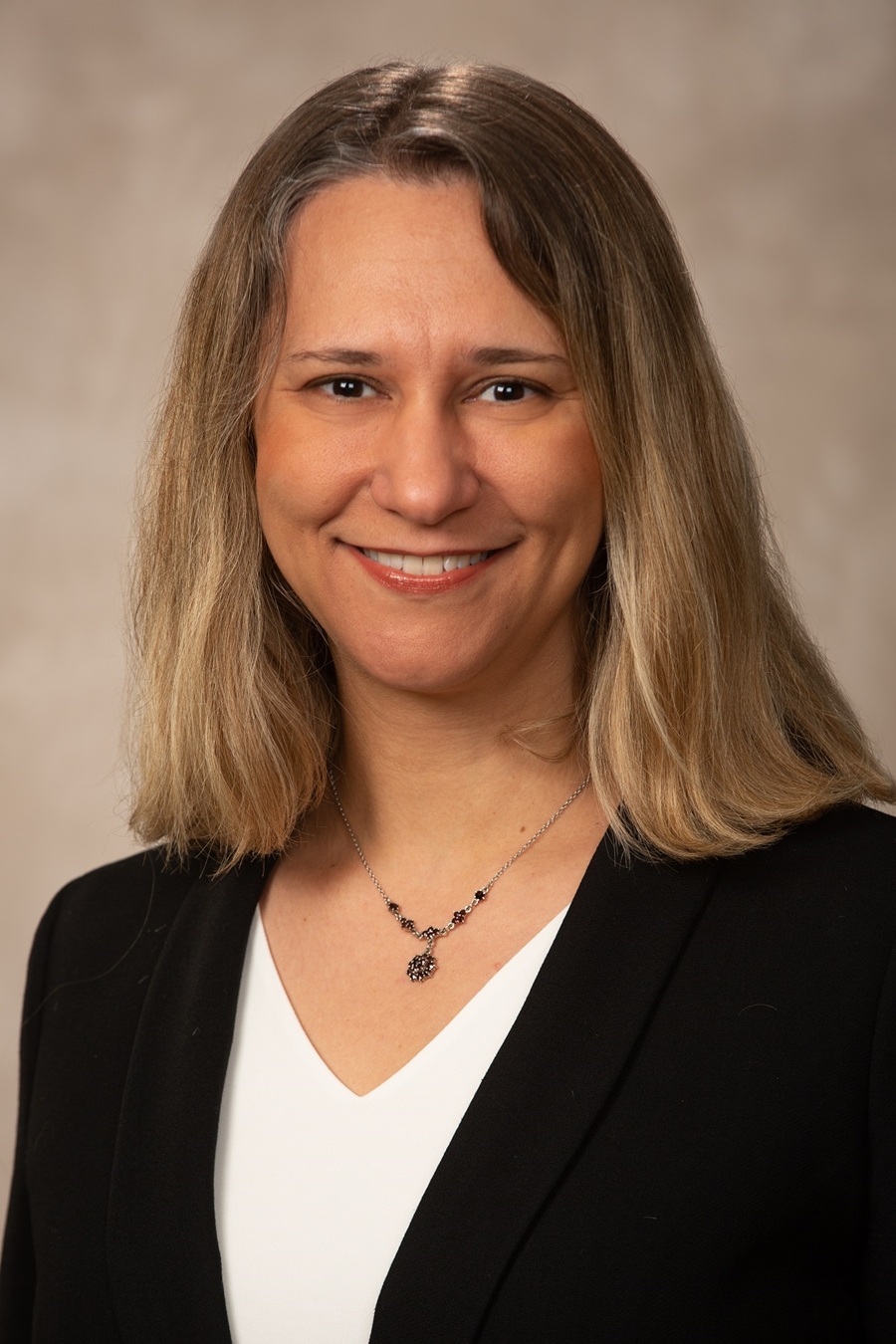CEOs With Higher 'Social Capital' Gain More on Their Personal Stock Trades
FAYETTEVILLE, Ark. – University of Arkansas researchers found that highly connected CEOs of top U.S. firms, as measured by the Standard & Poor’s 1500 Index, earned greater stock returns following purchases or sales of their firms’ shares.
The research demonstrates that individuals occupying significant positions in a network hierarchy have the potential to attract, receive, process and transmit valuable information that flows through the whole network. In this case, as it relates to stock returns, the information could be critical to a firm’s financial survival.
“Our findings are consistent with long-standing social science predictions that individuals who hold higher positions within the hierarchy of a given social network – that is, people who have more connections to their peers – gain significant social capital,” said Dobrina Jandik, author of the study and clinical associate professor of finance in the Sam M. Walton College of Business. “These managers have superior access to information, can receive and process information more efficiently, and command greater influence and reputation or trust, which in turn causes their activities to have more powerful effects.”
Jandik and co-authors Tomas Jandik, professor of finance in the Walton College; and Rwan El-Khatib, associate professor of finance at Zayed University in the United Arab Emirates; relied on BoardEx, a database that tracks network connections of more than 1.4 million corporate executives and board members of public and private firms around the world. As with other social science research, network connections were based on the extent of one’s interpersonal ties, that is, shared past employment history, educational overlaps or common position on boards of charities or social clubs.
The researchers then analyzed stock gains associated with insider trades initiated by CEOs of large U.S. companies, as a function of their connectedness within this vast network of corporate executives and board members. They found that between 2001 and 2014, well-connected chief executive officers of S&P 1500 firms, compared to CEOs with poor network connections, earned significantly higher returns – about 10 percentage points – for 180 days after purchases of shares of their own firms.
The connection between social capital and trading gains was particularly strong for firms that demonstrated greater investment risk, had weak governance or were managed by CEOs with no background in finance, the researchers found. Finally, CEO trading gains were greater if the CEO had past connections to the firm’s current chief financial officer.
Jandik and her co-authors also found that well connected CEOs avoided significant losses by selling their shares prior to a “bad news” event, defined as a day when a firm experiences a sizable market-adjusted decline in stock price.
“Our research demonstrates that well-connected CEOs are better informed and are not hesitant to personally profit from this knowledge.” Jandik said. “However, in well-run companies, this information advantage could and should improve CEO decision making and ultimately positively influence firm value.”
The researchers’ study is forthcoming in The Financial Review and is available online. Their work was supported by the University of Arkansas High Performance Computing Center.
About the University of Arkansas: The University of Arkansas provides an internationally competitive education for undergraduate and graduate students in more than 200 academic programs. The university contributes new knowledge, economic development, basic and applied research, and creative activity while also providing service to academic and professional disciplines. The Carnegie Foundation classifies the University of Arkansas among fewer than 3 percent of colleges and universities in America that have the highest level of research activity. U.S. News & World Report ranks the University of Arkansas among its top American public research universities. Founded in 1871, the University of Arkansas comprises 10 colleges and schools and maintains a low student-to-faculty ratio that promotes personal attention and close mentoring.
Topics
Contacts
Dobrina Jandik, clinical associate professor
Department of Finance Sam M. Walton College of Business
479-575-4505,
djandik@walton.uark.edu
Matt McGowan, science and research communications officer
University Relations
479-575-4246,
dmcgowa@uark.edu
Headlines
Four Students Named Goldwater Scholars; Two Earn Udall Honorable Mentions
Four U of A students have received the prestigious Goldwater Scholarship, an award for top students in mathematics, science, and engineering.
Cross-Campus Collaboration Culminates in New Outdoor Geological Installation
Grand opening event to celebrate the new GeoLab installation at the U of A’s Gearhart Hall courtyard is set for May 3. The installation will be open to the public year-round.
First Students to Use Online Degree to Hone Nursing Leadership, Elevate Patient Care
Hanna Baxendale and Wendi Kimbrell will begin coursework in the Doctor of Nursing Practice-Executive Master of Business Administration program offered by the Eleanor Mann School of Nursing and Walton College.
Join the Office for Sustainability on a Final Cruise to Campus
Cruise to Campus Wednesdays have fostered a gathering space for individuals interested in biking to campus. Drop by the Old Main Lawn from 7:30-10 a.m. Wednesday for coffee, something to eat and conversation.
Fay Jones School Student Ambassador Program Gives Voice to Design Students
The student ambassador program at the Fay Jones School of Architecture and Design is built to connect top design students with their school, its alumni, its future students and others inside and outside the school.





